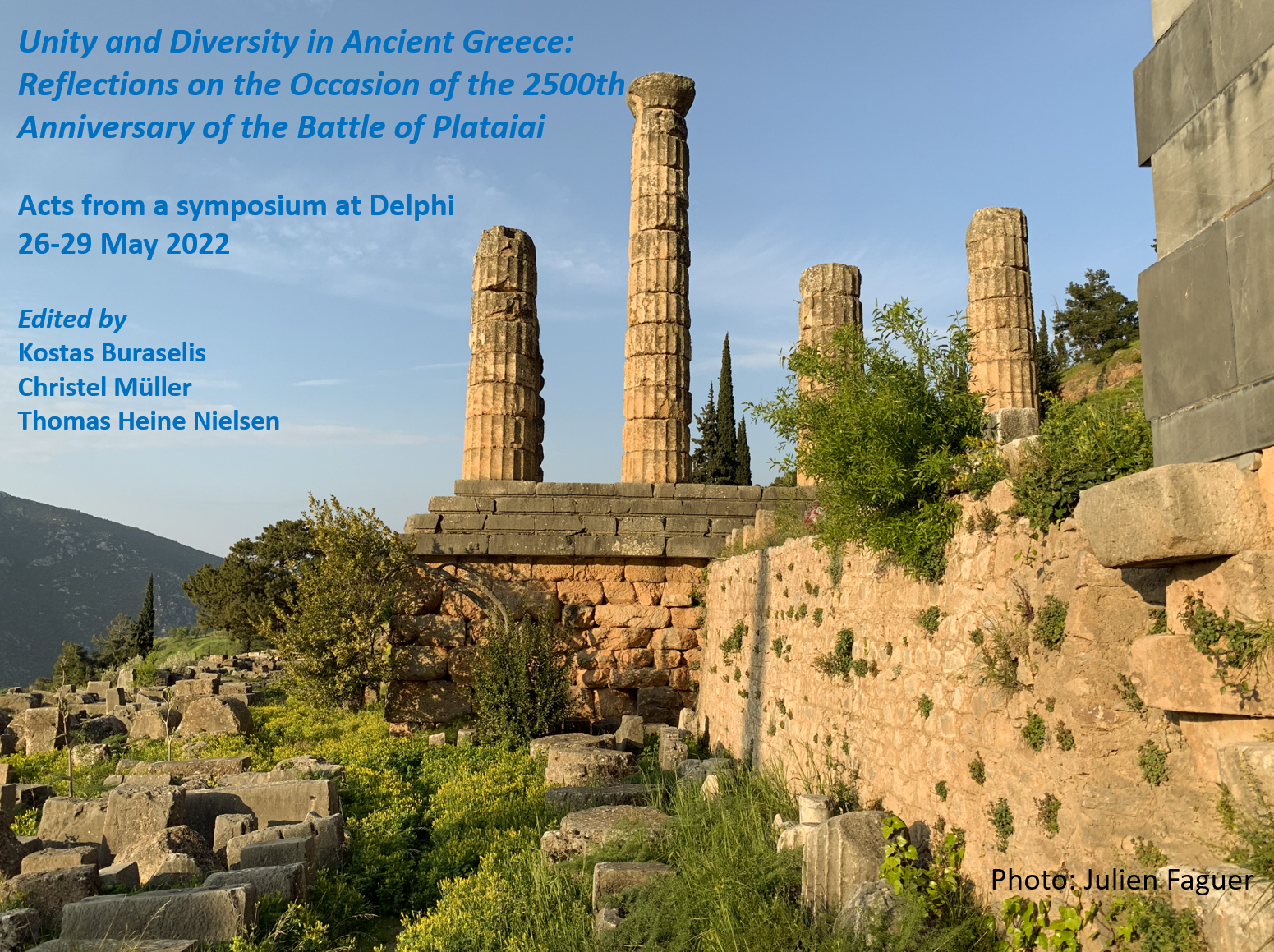Greek Deities as Single or Plural Figures?
Some Case Studies
DOI:
https://doi.org/10.7146/classicaetmediaevalia.vi1.145230Resumé
Greek deities are a valuable touchstone for assessing the opposite or complementary notions of ‘unity and diversity‘, and the same issue could have been be raised from the perspective of sacrificial ritual. In the context of ancient Greek religion, but also of Greek culture as a whole, no generalizing statement can be made without testing it against the fragmented evidence from several hundred cities. Some scholars have therefore come to consider that we should speak of ‘Greek religions’ in the plural in order to reflect the fragmentation, considering both the representation of the gods and the rituals performed in their honour. Focusing on the divine world, this paper asks the question: which dimension prevails in the (ancient as well as modern) way of dealing with a Greek deity, the apparent unity given by its theonym or the diversity of its cultplaces, images, cult-titles, etc.? The argument here is for addressing together unity and diversity, singleness and plurality when studying Greek gods.
Downloads
Publiceret
Citation/Eksport
Nummer
Sektion
Licens

Dette arbejde er licenseret under en Creative Commons Attribution 3.0 Unported License.
Authors who publish with this journal agree to the following terms:
- Authors retain copyright and grant the journal right of first publication with the work simultaneously licensed under a Creative Commons Attribution License that allows others to share the work with an acknowledgement of the work's authorship and initial publication in this journal.
- Authors are able to enter into separate, additional contractual arrangements for the non-exclusive distribution of the journal's published version of the work (e.g., post it to an institutional repository or publish it in a book), with an acknowledgement of its initial publication in this journal.
- Authors are permitted and encouraged to post their work online (e.g., in institutional repositories or on their website) prior to and during the submission process, as it can lead to productive exchanges, as well as earlier and greater citation of published work (see The Effect of Open Access).





